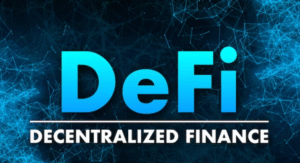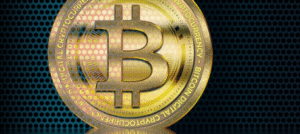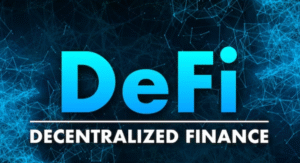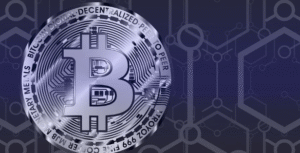$BTC $ETH #Blockchain #CryptoEducation #EconomicGrowth #UNInitiatives #DigitalTransformation #AI #TechForGood #GovernmentInnovation #SustainableDevelopment #CryptoNews
How Will Crypto Tech Upskilling Transform Government Efficiency in the Coming Year?
In a groundbreaking initiative, the United Nations is gearing up to enhance the technological acumen of global governments through focused training in blockchain and artificial intelligence (AI). This strategic move, as part of the UN’s commitment to combat poverty and boost economic growth, is poised to redefine governmental operations and public administration across the world.
The UN’s Vision: Empowering Governments with Technology
As detailed in the latest UN news, the organization’s agency dedicated to eradicating poverty is venturing into an educational role, aiming to equip government officials worldwide with the necessary skills to implement and leverage cutting-edge technologies like blockchain and AI. This initiative not only aims to streamline government processes but also to fortify the foundations for a more robust economic framework in participating countries.
Why Blockchain and AI? The Game Changers
The choice of blockchain and AI technologies is not incidental. Blockchain offers unparalleled transparency, security, and efficiency in data handling that can significantly reduce corruption and increase trust in public transactions. Similarly, AI’s capability to analyze vast amounts of data rapidly and with high accuracy can lead to more informed decision-making and better public services. By integrating these technologies, governments can enhance their service delivery and accountability.
Expected Outcomes of Upskilling Governments
The primary expectation from this UN-led initiative is to witness a transformation in how governments operate, characterized by increased efficiency and reduced operational costs. For instance, blockchain applications could revolutionize everything from voter registration and benefits distribution to tax collection and compliance monitoring, thereby ensuring more streamlined government processes.
Challenges and Opportunities Ahead
However, the path to integrating these technologies is fraught with challenges, including the need for substantial infrastructure development, the overcoming of bureaucratic resistance, and the assurance of cybersecurity. Despite these hurdles, the potential benefits make a compelling case for this technological leap forward.
The UN’s proactive approach in educating and upskilling governments in blockchain and AI technology is a significant step towards actualizing a future where technology and governance go hand in hand, promoting not only economic growth but also a higher standard of living. Explore more about the potential of blockchain in governance on our crypto-focused page.
For those interested in diving deeper into the specifics of blockchain technology and its applications across various sectors, visiting platforms like Binance can provide further insights and learning opportunities.
The Road Ahead: Sustaining Momentum in Tech-Driven Governance
As we look towards the future, sustaining the momentum of this initiative will be crucial. Continued support, iterative training, and adaptive strategies will be essential to fully integrate and capitalize on these technological advancements in government systems worldwide.
This ambitious project by the UN could well be the tipping point for a global shift towards more transparent, efficient, and responsive governance. As countries begin to embrace these changes, the global landscape of public administration may witness a significant transformation, setting a new standard for what is possible in governance and economic development.











Comments are closed.